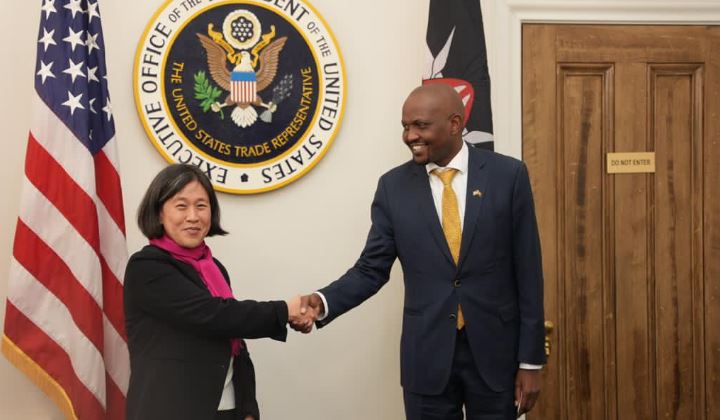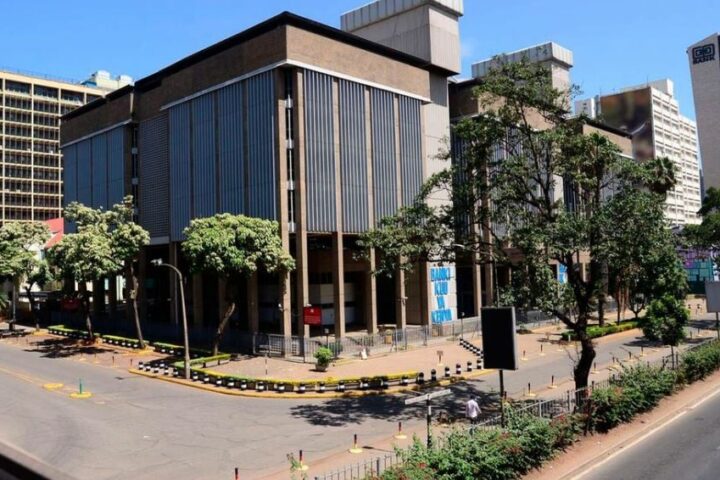
The United States of America has faulted Kenyan government officials for solicitation of bribes and extortion from U.S. firms to secure tenders.
In the 2024 National Trade Estimate Report on Foreign Trade Barriers released on March 29, U.S. Trade Representative Ambassador Katherine Tai highlighted that U.S. firms have experienced minimal success in bidding on Kenyan government tenders, with corruption posing a significant obstacle.
The report notes that the courts often challenge many of these tenders while foreign firms, some lacking proven track records, secure government contracts by partnering with well-connected Kenyan firms or individuals.
Amb. Tai stated that U.S. firms have also voiced worries regarding the Kenyan government’s procurement system IFMIS, pointing out inadequate connectivity and technical capabilities in county government offices.
Additionally, American companies have characterized Kenyan county government officials as indifferent, highlighting central control shutdowns and security vulnerabilities in IFMIS that make it susceptible to manipulation and hacking.
Furthermore, the U.S. emphasizes that corruption significantly obstructs business operations in Kenya, with its companies consistently encountering bribery requests from local government officials.
“Corruption is widely reported to affect government procurements at the national and county levels. Kenya has not effectively implemented its anti-corruption laws. U.S. firms routinely report direct requests for bribes from all levels of the Kenyan Government,” the U.S. Trade Representative noted.
Additionally, Tai pointed out that American companies have raised concerns about Kenyan customs’ release process for shipments.
The duration of this process, as highlighted by the U.S. government, has troubled American businesses, along with the utilization of a convoluted and ineffective procedure involving numerous steps across disjointed offices, despite introducing a single window system.
“Many U.S. companies have commented that Kenya’s one-stop customs clearance system does not operate as intended and that pre-arrival processing of electronic documents is ineffective,” the report indicates.
It further adds that US companies are concerned about the inconsistent application of classification and valuation decisions, as well as unnecessary transit inspections.








